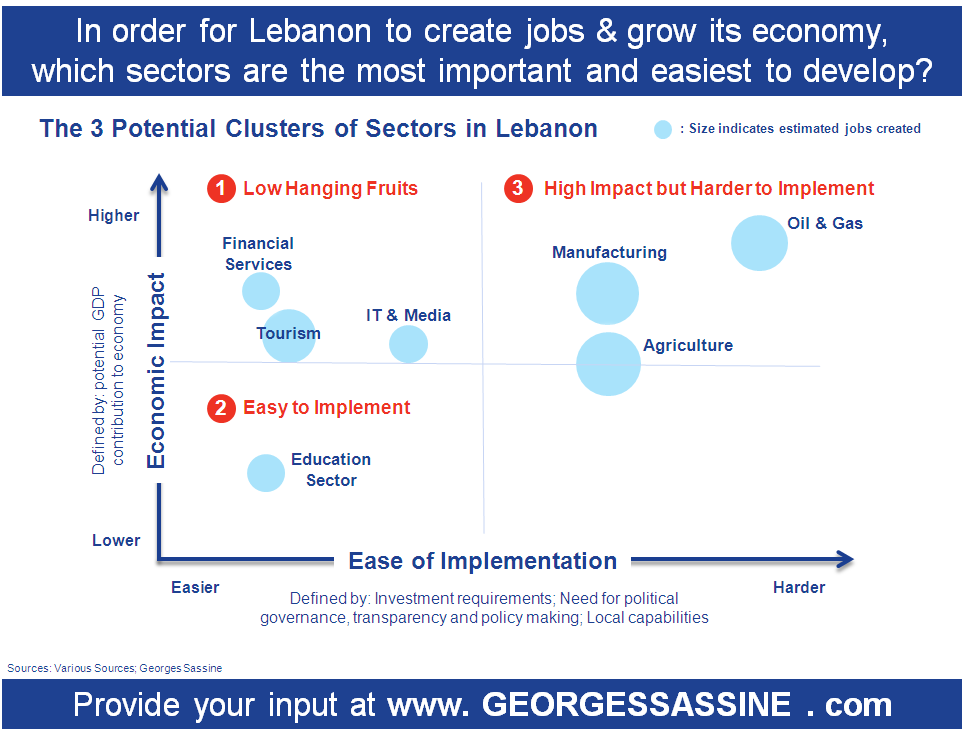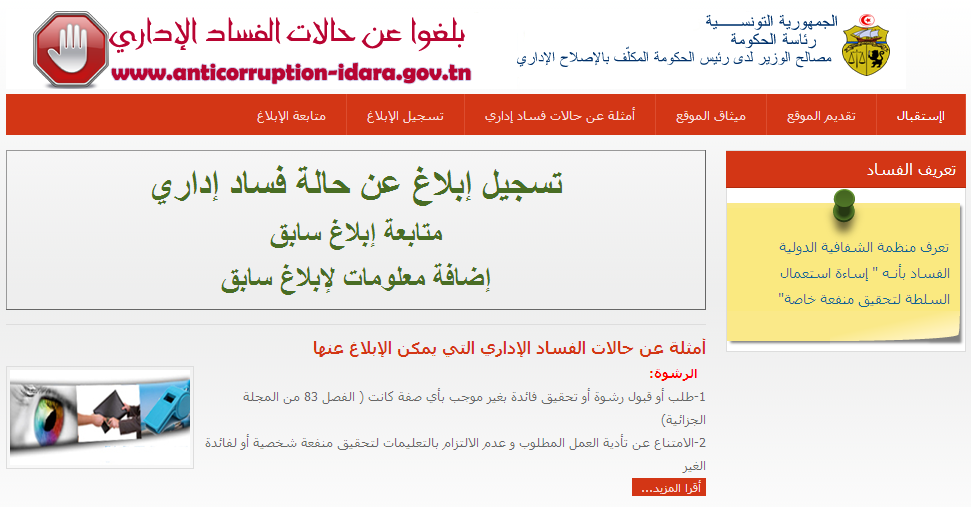It is possible to make it easier to do business in Lebanon. One potential solution is to simplify the government’s bureaucracy and reduce administrative paperwork.
While starting a business in Hong Kong requires standing in one line and filling one form, it takes weeks, if not longer, in Lebanon.
Currently it takes a company in Lebanon almost 2 years to enforce commercial contracts and 37 administrative procedures, compared to an average of 1.4 years in Western countries. This places Lebanon at the 104th place among 183 countries worldwide in terms of ease of doing business, according to the World Bank. Lebanon lags behind countries like Papua New Guinea, Yemen, Jordan, and Sri Lanka.
Lebanon is competing in a 21st century global economy with a 20th century bureaucracy. This is hindering economic growth, making it harder for entrepreneurs to start new businesses, and making it less attractive for foreign companies to invest in Lebanon.
A Potential Solution
Fortunately, it is possible to make it easier to do business in Lebanon in a few simple steps.
Just by simplifying the government’s bureaucracy, eliminating waste and inefficiencies – as simple as it sounds – could significantly boost Lebanese businesses.
One potential solution is to consolidate all government agencies dealing with business into one Department with one website, one phone number and one mission: helping Lebanese businesses succeed.
Other countries are adopting similar initiatives. Even the United States – which ranks 4th worldwide on the World Bank’s Ease of Doing Business Index – is pursuing a similar plan, including:
– Merging Government Agencies: the USA will merge the six federal departments focusing on business and trade into a single department tasked with boosting American business and promoting competitiveness.
– A One-Stop Shop Website: the USA will be unveiling a new website: Business USA. This site will be a virtual one-stop shop with information for businesses that want to begin or increase exporting.
This is one example of the kind of action to consider. In your opinion, what are other simple and effective ways to improve the business environment in Lebanon?



